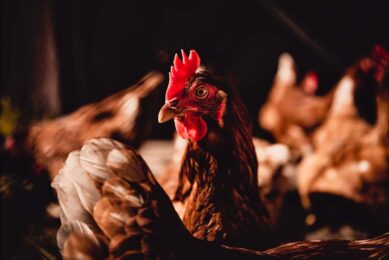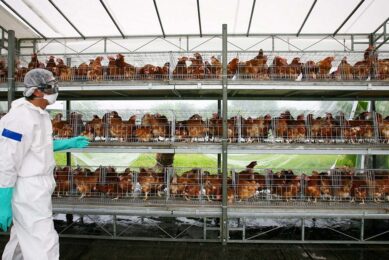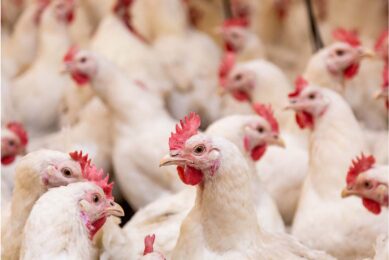Egypt educates family farms to fight bird flu
Since the outbreak of the deadly H5N1 bird flu strain in Egypt, all authorities concerned have been puzzling their minds to find a cure or at least to stop the spread of the disease.
Last week the Egyptian government announced that a new plan has been launched aimed at creating giant poultry coops inside the rural homes of 16 villages all over the country to produce birds protected against the bird flu virus.
The two-phase plan aims at breeding 343 million birds annually for at least two years. During the first year of the plan, 360 families will benefit from and sell the fowl. The second phase will encompass wider application of the plan.
Current precautionary measures against bird flu taken seem not to work. The breeding and trading of live poultry in communities up and down the Nile Valley is so vital that persuading people in the business to abandon the practice is seen as futile.
The Minister of Local Administration Abdel-Salam El-Mahgoub strongly believes that the people need to be encouraged to protect themselves against the potentially deadly H5N1 strain while breeding poultry.
Distribution of cages
El-Mahgoub said the ministry will distribute cages designed by the Agricultural Research Centre to families to breed poultry in them.
The cages, to be distributed for free, are designed with food and water containers affixed to them to limit the birds’ movement, thus making it easier to clean the cage and to prevent the birds to be in contact with its faeces.
More than 3,000 rural health tutors will educate the selected families as well as other residents in preparation for the second phase — how to safely breed birds according to hygienic measures.
Cheap loans
The new project will help in preserving Egypt’s poultry industry estimated to be at least €2 billion. The new plan is being implemented through €13.8m loans and grants Egypt receives for the purpose.
Small loans are to be granted to needy families in order to buy vaccinated chicks and feed.
Subscribe here to the poultry newsletter
Join 31,000+ subscribers
Subscribe to our newsletter to stay updated about all the need-to-know content in the poultry sector, three times a week. Beheer
Beheer








 WP Admin
WP Admin  Bewerk bericht
Bewerk bericht